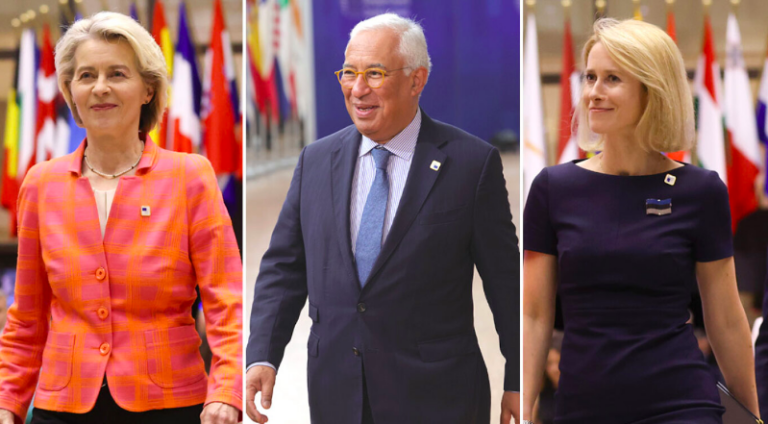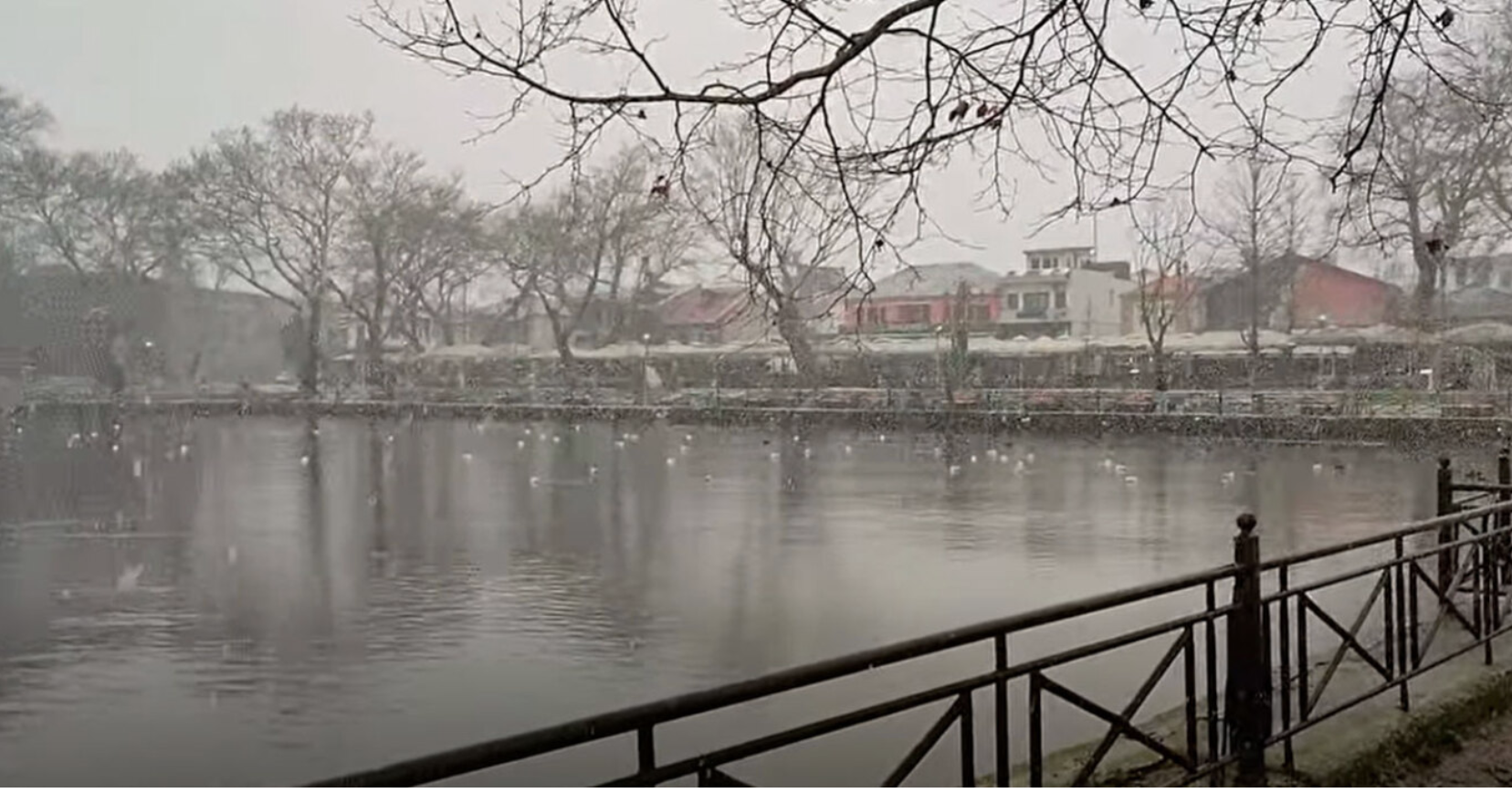Giorgia Meloni and Viktor Orbán’s objections to the composition and selection process of the European leadership trio were noted, yet they did not obstruct the agreement brokered by the European People’s Party, Social Democrats, and Liberals. Consequently, Ursula von der Leyen, Kaya Κallas, and Antonio Costa are poised for approval by the European Parliament, with Roberta Metzola remaining a strong contender for the European Parliament presidency.
Despite objections from Meloni and Orbán regarding specific individuals, the process proceeded relatively smoothly, with Italian Prime Minister abstaining on von der Leyen but voting against Κallas and Costa, and the Hungarian Prime Minister opposing von der Leyen but supporting Costa over Κallas.
The agreement, shaped significantly by Kyriakos Mitsotakis alongside Donald Tusk as EPP negotiators, now shifts the focus to Parliament, where approval may face challenges. Meloni’s non-voting stance suggests her party’s MEPs might ultimately support von der Leyen. If confirmed for a second term on July 17, decisions on new Commissioners will follow.
Focus on Defense
Beyond the leadership appointments, Greece emphasizes the strategic priority of advancing European defense projects, which were integral to the discussions on the EU’s future priorities for the next five years.
Mitsotakis and Tusk previously proposed a shared European anti-missile shield to alleviate national budgets. While a defense Euro-bond may not materialize, collaborative defense projects appear promising.
Mitsotakis stressed Europe’s imperative to enhance defense capabilities independently and finance its defense industry, asserting that anything less would send the wrong message. Von der Leyen highlighted the Union’s estimated defense investment needs of around 500 billion euros, though securing these resources remains uncertain.
Ask me anything
Explore related questions





